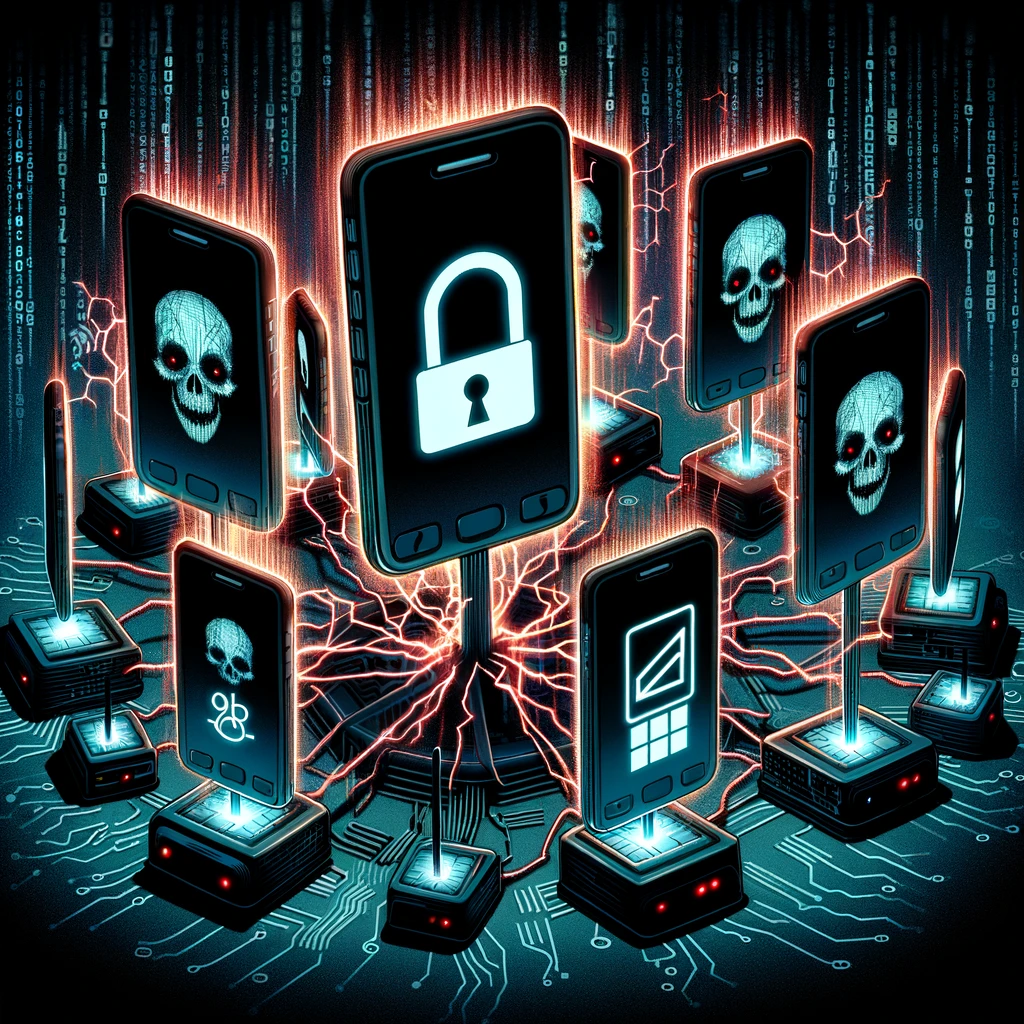
The digital age has ushered in an era where cyber threats are not just routine but are evolving with a sophistication that mirrors the advancements in technology. Among these threats, the emergence of terror hacks categorized as zombie attacks presents a formidable challenge to cybersecurity. These attacks leverage malware to not only recruit an array of devices into a botnet but also to incapacitate them by disabling crucial components like the SIM card, thereby transforming these devices into zombies within a vast digital army.
When malware infects a device and subsequently disables its SIM card, it isolates the device from its typical cellular network dependencies, forcing it to rely on alternative internet connection methods such as Wi-Fi. This isolation is a strategic maneuver by attackers to exploit the device’s connectivity to unauthorized networks, thereby facilitating its integration into a botnet without the user’s knowledge. Once integrated, these zombie devices receive commands from a centralized command and control server, executing coordinated attacks that can unleash havoc on targeted servers or networks.
The terminology zombie aptly captures the essence of these compromised devices. They operate under the radar, executing tasks dictated by the attackers, all while the legitimate users remain oblivious to the sinister activities being conducted through their devices. These zombies contribute to the scale and intensity of DDoS attacks, capable of knocking services offline, crippling infrastructure, and causing significant financial and operational damage.
The implications of such attacks are profound. On an individual level, users experience the immediate inconvenience of losing their device’s connectivity and functionality. However, the repercussions extend beyond individual inconvenience to encompass broader societal concerns. These include the potential for substantial economic disruption, the undermining of critical infrastructure, and the erosion of digital trust.
Businesses and organizations find themselves at a crossroads, needing to bolster their defenses against an adversary that is not only relentless but also increasingly resourceful. The unpredictable nature of these zombie devices, coupled with the sophistication of the attacks, necessitates a proactive and comprehensive approach to cybersecurity. This includes regular updates, rigorous monitoring, and the deployment of advanced defense mechanisms to identify and neutralize threats before they can cause harm.
To mitigate the risks associated with zombie DDoS attacks, a collective effort is required. Users must be educated about the importance of cybersecurity hygiene, organizations must invest in robust security infrastructures, and the cybersecurity community must continue to innovate in response to the evolving tactics of cyber adversaries.
The phenomenon of terror hacks, deemed zombie attacks, underscores a new frontier in cyber warfare. These attacks blur the lines between the digital and the physical, showcasing the interdependency of our online and offline worlds. As such, understanding and combating these threats is not just a technical challenge but a societal imperative, crucial for safeguarding our collective digital future.